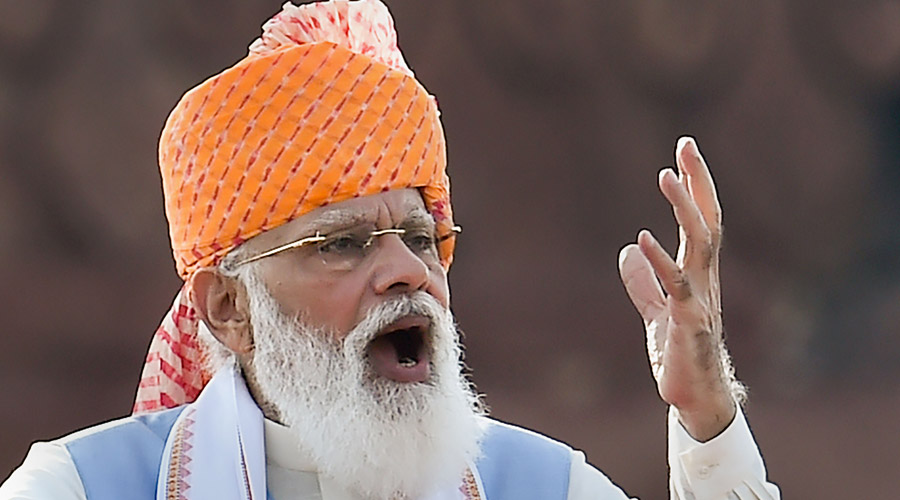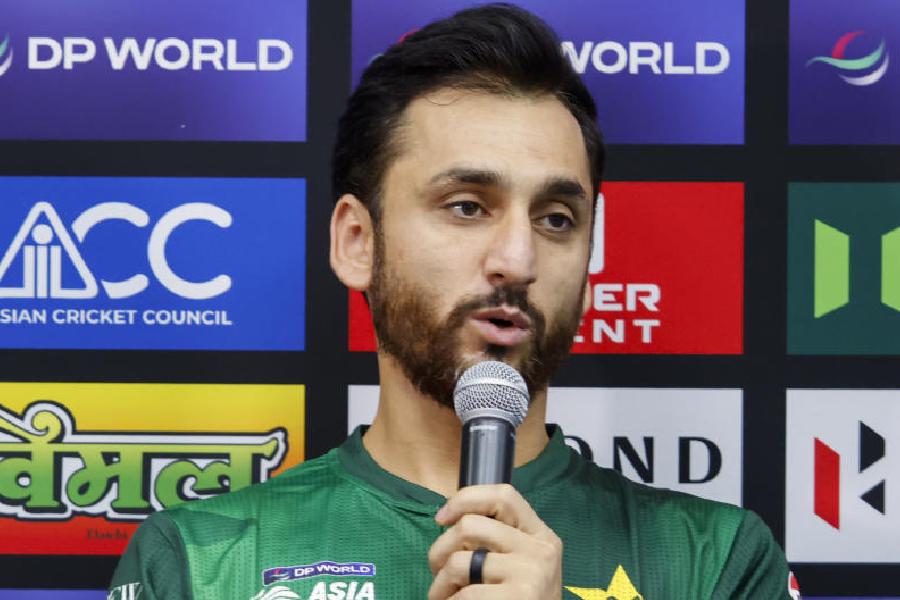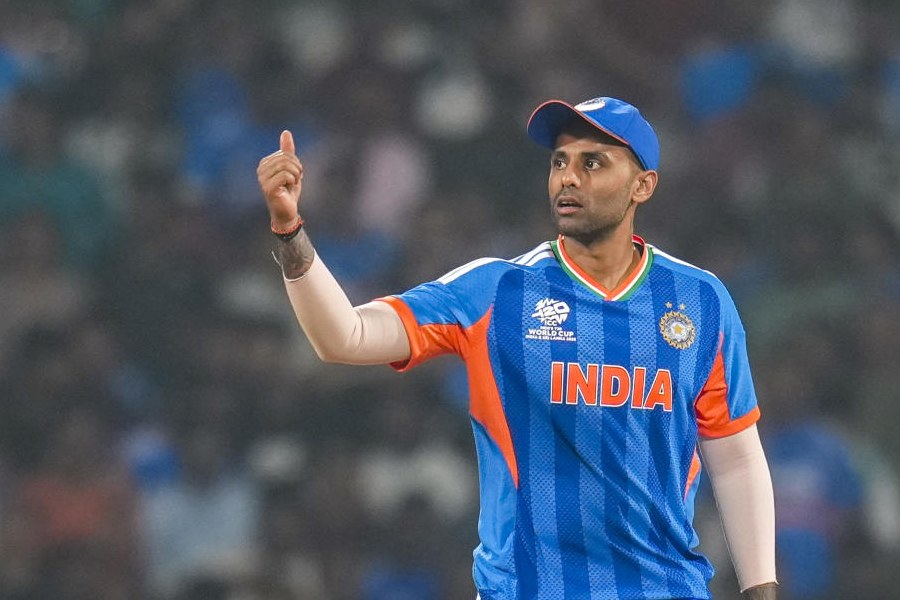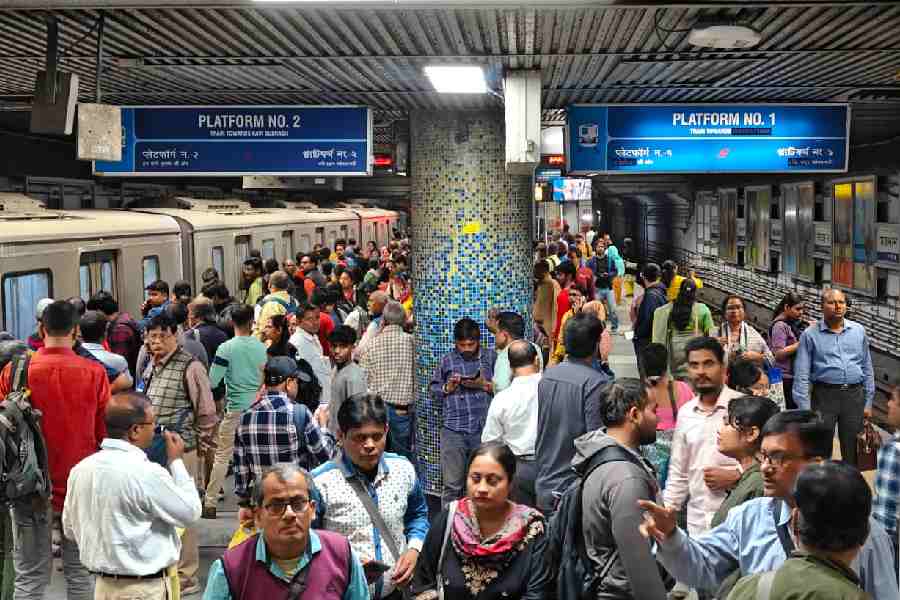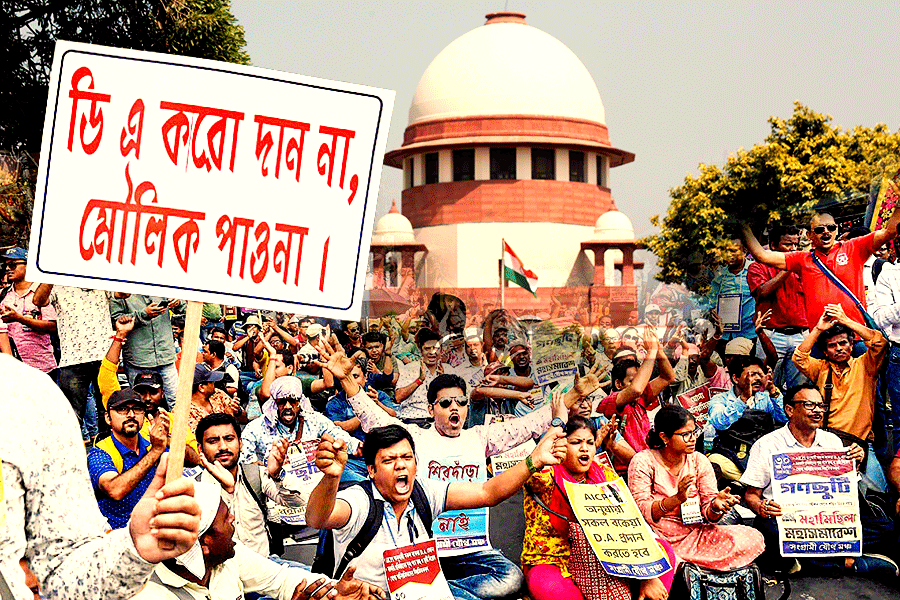The proverbial shadow falls between the prime minister’s words and deeds with a frightening regularity. Take, for instance, Narendra Modi’s latest utterance on education. In the course of launching several academic initiatives, Mr Modi declared that the modernization of India’s education is the result of policy-based intervention as well as participatory action. None of these claims — ‘modernization’, ‘policy intervention’, ‘participatory action’ — is above scrutiny. For instance, the government’s claim of building two colleges per day has already been proved to be hollow. The paucity of state-of-the-art educational institutions, especially in rural India, is an old ailment. Some of the other fruits of this modernization initiative are equally bitter. Mr Modi’s government has been an enthusiastic endorser of online education, with the National Education Policy giving it special attention. Yet, the attendant problems — loss in learning abilities among students, the massive scale of exclusion that has kept large segments of students from marginalized communities out of e-learning, decline in the standards of education imparted in digital classrooms, an alleged, subtle thrust to reduce the number of teachers and so on — are yet to be addressed. There is also the additional concern of curriculum being given an ideological tint. History, for instance, is being rewritten — this cannot be a measure of a modern educational ethos. Mr Modi’s claim of these transformations being participatory is equally suspect. Changes in curriculum and syllabi are being forced down the throat of teachers by pliant university administrations: the adoption of the four-year course in Delhi University is a case in point.
The prime minister’s homilies would do nothing to conceal the bigger problem. The issue is political in nature. Mr Modi leads an authoritarian regime that is fond of unilateral adventurism. Policy decisions, be they on health, education, economy or security, have seldom been representative in the truest sense of the term. The allergy towards deliberation and consultation with stakeholders and political opponents, elements requisite in a democratic set-up, has often led to policy failure. Demonetization — yet another example of the prime minister’s ‘collaborative’ approach? — was an unparalleled disaster, crippling the informal economy. The same holds true for the Centre’s initial response to the Covid-19 pandemic as well as the economic crisis. It is entirely possible that the project to modernize education would replicate similar errors unless the Centre is willing to take along educationists, teachers and students in this venture.

